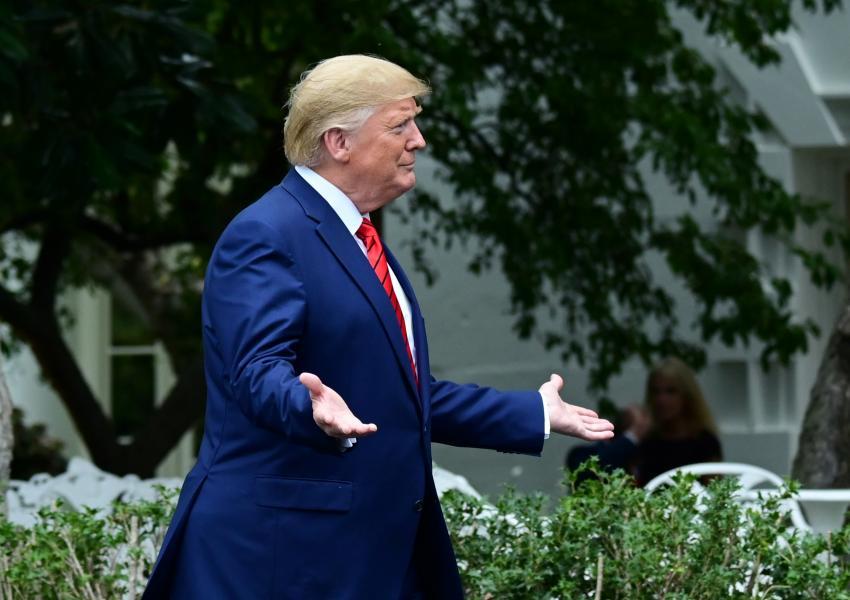
Trump’s Impeachment and Its Impact on Iran’s Politics
House Speaker, Nancy Pelosi, announced a formal impeachment inquiry into President Donald Trump on September 24th. Trump has been accused of misuse of power and asking for help from a foreign leader – president of Ukraine- against his political opponent, Joe Biden and his son, among other things.
Following the confirmation of the judiciary committee, if the majority (51%) of the congress vote for the impeachment, the process will begin in the senate. In the event that two-third of the senate vote for it, Trump will be removed from office and Mike Pence will become the president of the United States until the next election.
Even though this impeachment has a very low chance of success due to the majority of Republicans in the senate, it seems to be pursuing some important political goals before the election. It aims to highlight Trump’s weaknesses, allegations of fraud and corruption, and his incapability to run the country in the eyes of voters. Both previous cases of impeachment in the US, Jackson and Clinton, did not succeed and both presidents returned to the White House, even though they both lost their popularity.
The impeachment is potentially in line with Iran’s foreign policy towards the US. Following the US’s withdrawal of the Iran nuclear deal, Iranians have moved from their “strategic patience” doctrine to actively take provoking steps in the region to weaken Trump before the election. Iranians know that Trump’s return to the negotiation table after re-joining the Iran deal is an impossible pre-condition they are asking for. Thus, the Islamic Republic is turning to a high-risk strategy to manipulate the American election and damages Trump’s chance of re-election. All Democratic candidates have promised to return to the Iran deal if they are elected next year.
Iran’s Supreme Leader bans negotiations with Trump not because of his withdrawal from the deal, but because their negotiations will lead to some existential issues for the regime, such as Iran’s proxies in the region. As the negotiation seems unlikely, this impeachment will embolden Iran’s strategy to weaken Trump even further.
Iran’s short-term agenda seems to be more pressure for sanction reliefs as a pre-condition for negotiations but making the Iran issue a focal point during the presidential campaign. An advisor to the Iranian president has tweeted that:
“We have unseated an American President in the past. We can do it again. Trump can listen to Pompeo and we’ll make sure he stays a one-term President. Or he could listen to @TuckerCarlson and we might have a different ball game.”
He is referring to the American presidential election in 1980 when Carter wanted to win into his second term in office with the promise of releasing American hostages in Iran. Iran broke its promise; the hostages were not released, and Carter lost the election. Iran released the hostages on Reagan’s inaugural day.
Now that Iran has lost hope of any other way to gain the benefits it wants, they are going to focus on sabotaging Trump’s campaign. This strategy means that Iran will escalate the tensions in the Middle East. By increasing provocative activities, the Islamic Republic of Iran wants to create a similar scenario to what happened in 1980.
If Iranians manage to drag the US to a military conflict in the region, they would gain three achievements in weakening Trump: first, Trump would break one of his biggest promises to not enter any more wars; second, endangering the free flow of trade and energy in Persian Gulf would damage the international economy and American economy of which Trump is very proud; third, a military conflict would deepen the gap between the US and the EU.
On the other hand, some observers believe that this impeachment is a great service to Trump, and it might increase his chance of winning simply because it will be portraying Trump as a victim of political games by the Democrats.








